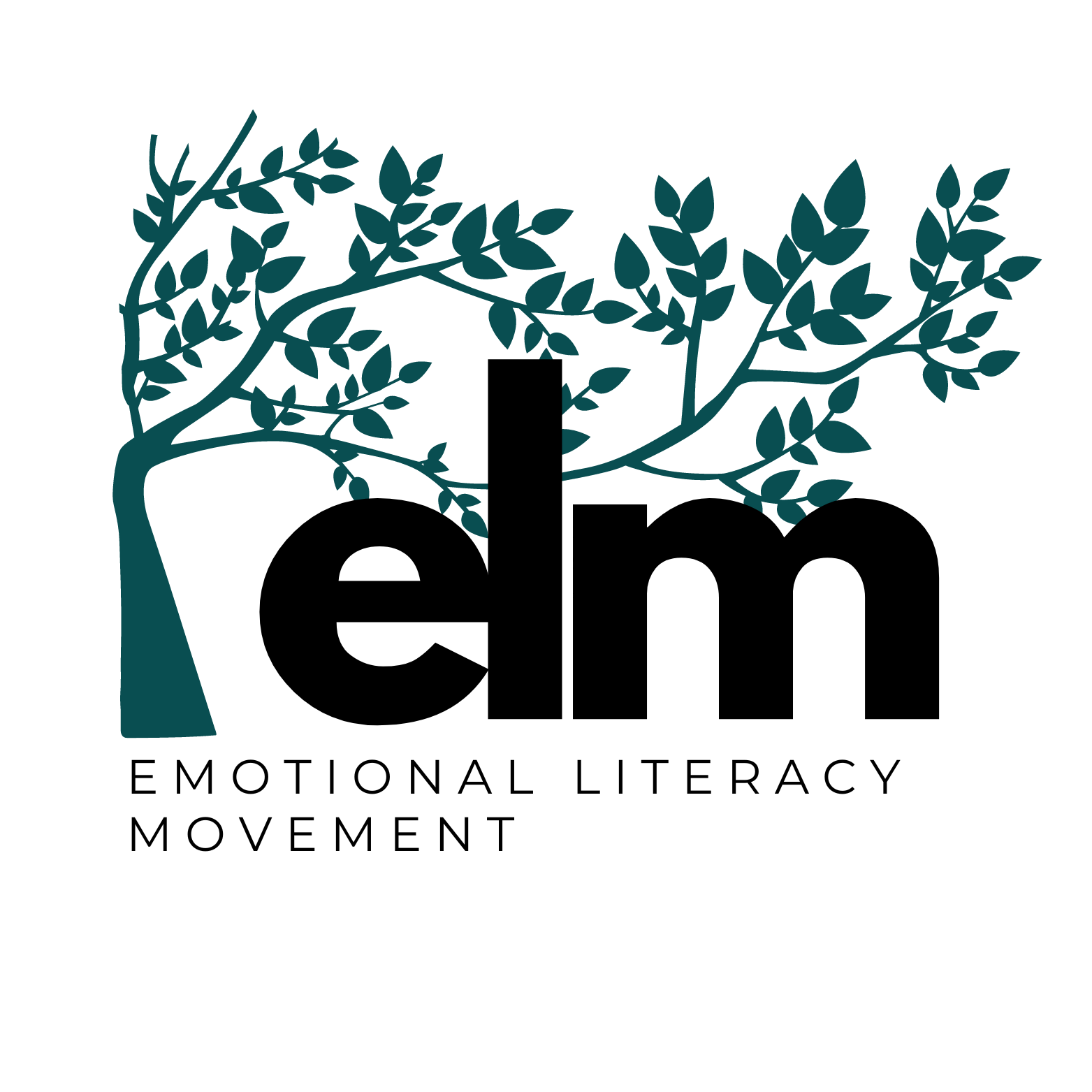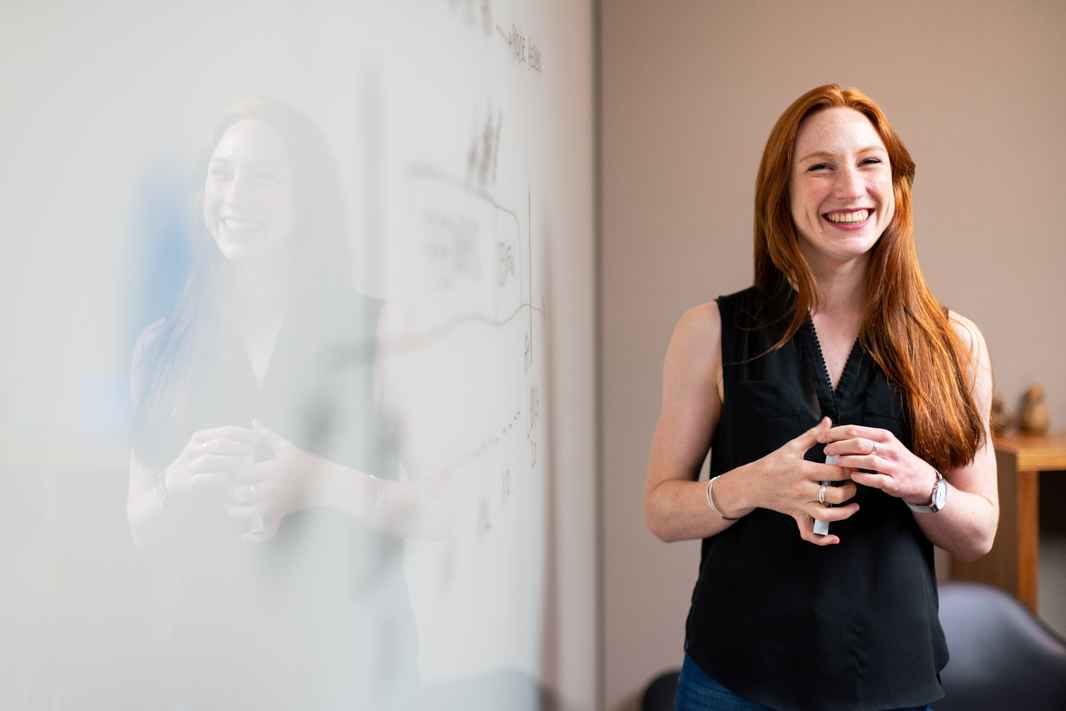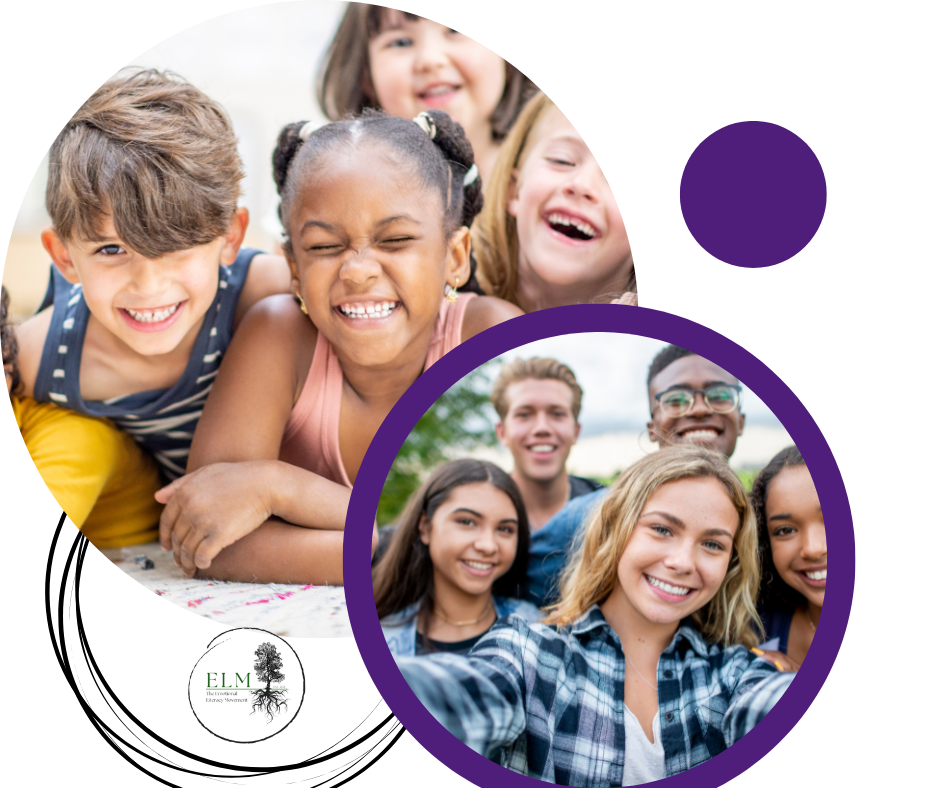The Embodied Educator
The Embodied Educator
Now available as an in-person workshop series!
Ever left an inspiring workshop only to feel like you're missing the practical support to put those great ideas into action?
Are you an educator who's looking to integrate emotional literacy content into your classroom?
The Embodied Educator Workshop Series supports educators in integrating emotional literacy into their work. Access lesson plans, connect with fellow educators, and enhance your classroom environment. Improve student resilience and self-confidence while prioritizing your emotional well-being.
READY TO JOIN A SUPPORTIVE GROUP OF EDUCATORS?
Where Educators Embrace Emotional Literacy for Growth
Discover a world of support and growth.

Enhance Your Teaching Toolkit
Access a wealth of themed classroom resources, carefully crafted to enrich your teaching experience. From lesson plans to engaging activities, these resources empower you to create dynamic and effective learning environments.

Nurture Your Personal Growth
Experience self-transformation. Together, we will delve into each theme and discover how it can enhance your personal growth, resilience, and emotional well-being. Learn to authentically connect with others in a self-empowered manner that enhances your joy and reduces your stress.

Stay Connected with Other Committed Educators
Join our online educators' forum, exclusively for members, and stay connected with other passionate educators. Share insights, exchange ideas, and collaborate on innovative approaches to bringing emotional literacy into your classroom.
WHY EDUCATORS MATTER
Empowering the Next Generation for Lifelong Success
While we may not know what the jobs of the future will hold, we do know that the next generation would greatly benefit from developing the ability to skillfully communicate, self-regulate in appropriate ways, voice their needs and boundaries, understand their values and walk with them, and manage ongoing stress. These lifelong skills are essential not only in the workplace, but also within our relationships. Our kids deserve to be equipped with the best tools at their disposal to navigate an ever-changing and complex world.
Contact us at admin@emotionalliteracymovement.com for more information.
Hear Directly From My Successful Students
Hear Directly From My Successful Students
Topics
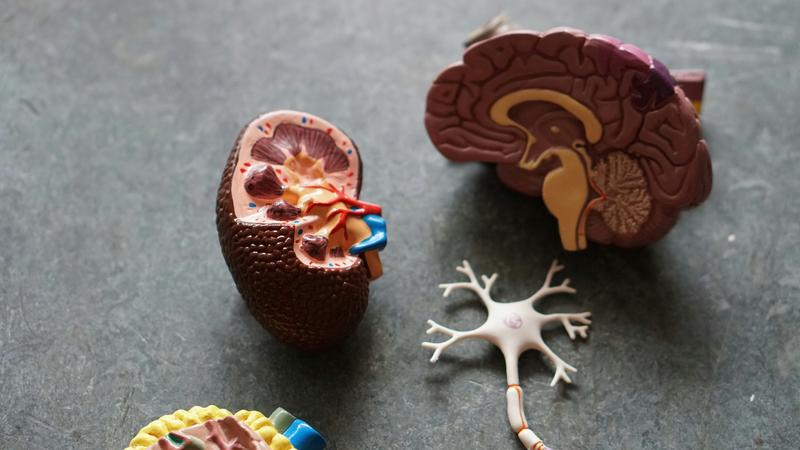
Understanding Our Nervous System
Our nervous system is constantly scanning for safety and danger. Through Polyvagal Theory, we can see how our body shifts into different states depending on whether we feel safe, stressed, or threatened. By understanding these responses, we gain insight into our emotions and how humans have evolved to survive challenges—and how we can return to calm and connection.
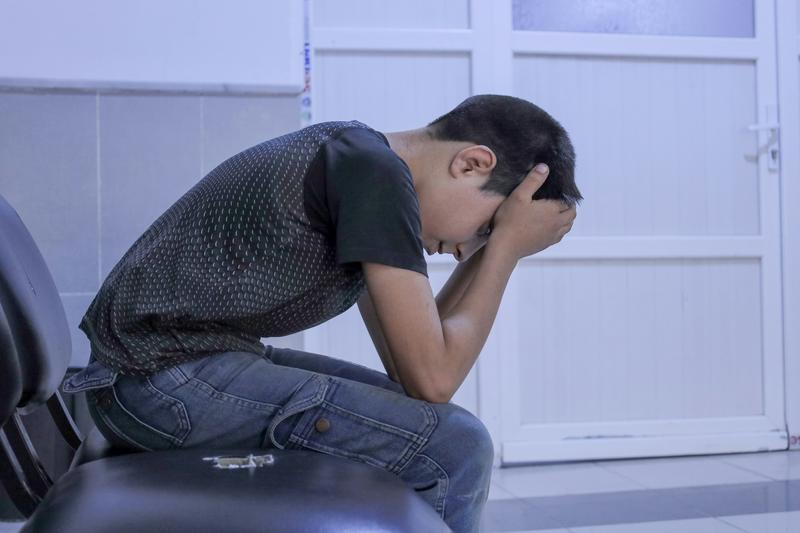
Living with Trauma's Impact
Living with trauma’s impact can shape how students think, feel, and connect with others. Trauma affects the brain and body, influencing attention, memory, and emotional regulation. In this session, we will explore how these effects show up in learning, behaviour, and relationship building—and how greater understanding can help create safer, more supportive learning environments.

The Wholehearted Classroom
According to Dr. Brené Brown, the Wholehearted are those who live their lives from a place of worthiness. They have the courage and compassion to live life heart-open. Explore the Guideposts of Wholehearted Living and how they can be applied within your classroom.

The Language of the Body
Experts believe that anywhere from 70%-93% of our communication is non-verbal. Explore how to read the signals in our own body - as well as those of others - so that we can more accurately attend to the needs that arise.

From Co-Regulation to Self-Regulation
Healthy self-regulation does not develop as a natural process of aging. Rather, it is taught through ongoing co-regulating experiences with others - particularly our caregivers. Learn how to effectively co-regulate with others.

Creating Comfort: Classroom Design for Student Success
Learn how to increase feelings of comfort, safety, and togetherness through classroom design and how adding simple elements can positively influence regulation and optimize learning outcomes.

The Art of Reflective Goal Settling
Guide your students (and yourself) through a reflective process of assessing the various areas of healthy living. Use this knowledge to gain self-awareness and set goals in alignment with your needs, values, and aspirations.

Love Languages in Learning: Enhancing Classroom Relationships
We all express and receive love in different ways. Learn about the 5 Love Languages based on the work of Dr. Gary Chapman. These insights can help both you and your students to better understand one another's needs and how to best offer support and care.

Unmasking Cognitive Distortions: Strategies for Clear Thinking
Our brains are continually processing information. We all have well-worn pathways of thinking that arise when we are feeling overwhelmed. Learn to identify when you or your students are stuck in one of these ruts and develop the skills to cultivate healthier thinking habits.

Awakening Self-Knowledge: Identifying Personal Needs
Have you ever taken the time to really sit down to determine what your needs were in a given situation? What about in the scope of your family life? Your career? Your personal care? Identifying your needs and helping your students to do the same is an integral component of self-regulation.

Strength & Kindness: Setting Healthy Boundaries
Help students overcome people pleasing tendencies and learn to kindly and assertively advocate for themselves. Empower them to communicate their needs with strength and kindness and take initiative with regard to their health and wellbeing.

Fostering Self-Compassion in Students
Based on the work of Dr. Kristin Neff, tender self-compassion allows us to provide the self-care that we require in order to navigate challenging emotions, allowing us to get unstuck and move forward with grace. Self-kindness fosters resiliency and helps students manage challenges with empathy.
Contact us at admin@emotionalliteracymovement.com for more information.
